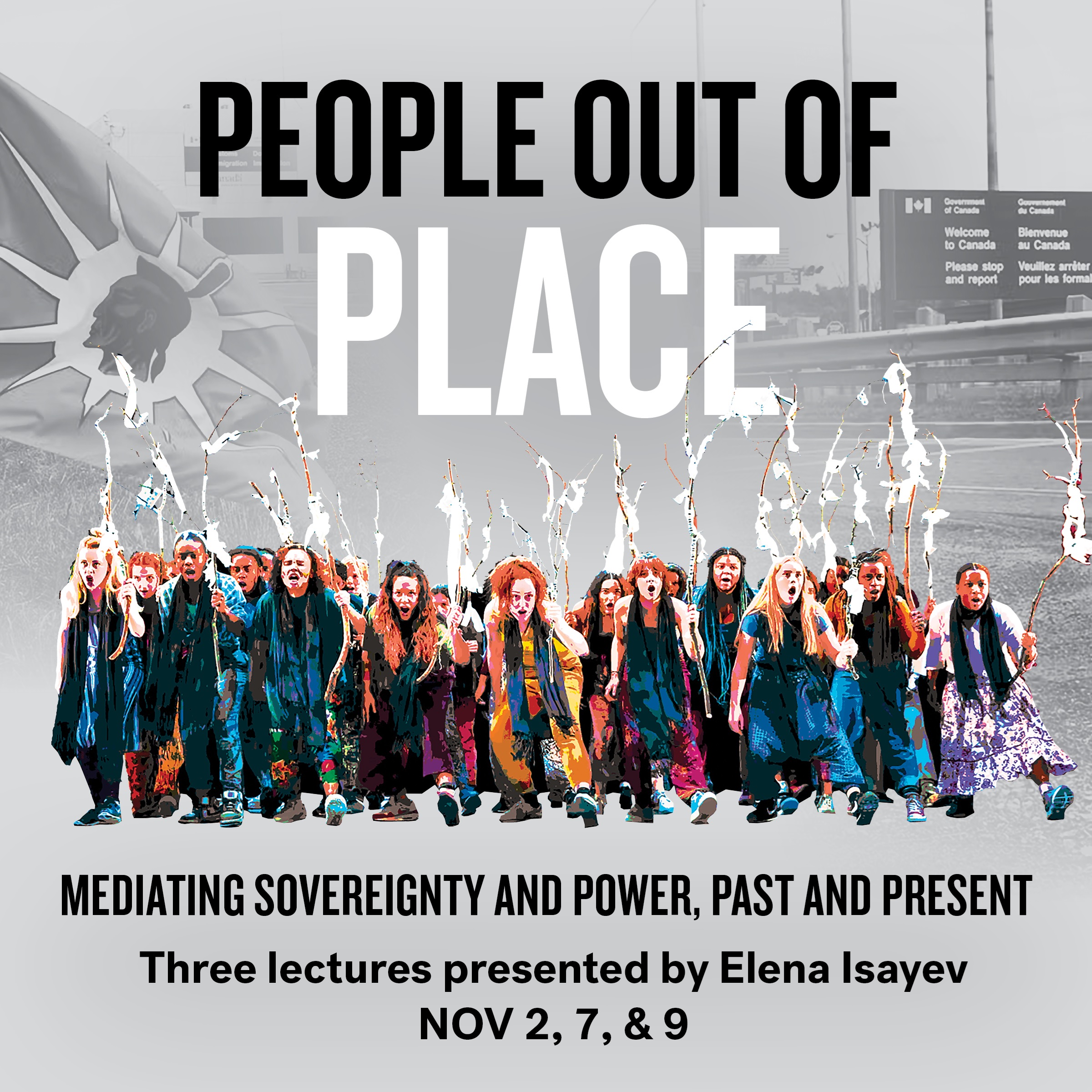

Elena Isayev's work focuses on ancient historical and current migration, hospitality, displacement and civic memberships, which she has explored in Migration Mobility and Place in Ancient Italy (Cambridge 2017), and in various other publications including the Red Cross (2017), as well as co-edited collections Displacement and the Humanities (2023) and Mobility in Antiquity (Routledge, forthcoming), with Selim Ferruh Adalı, Benjamin Gray, Susanne Hakenbeck, Evan Jewell, Turhan Kaçar, Lindsey Mazurek, Jana Mokrišová. Her research investigations at the moment, which all have a starting point in the ancient Mediterranean, concern: place as intersection of mobilities; hospitality, reciprocity and interdependence; common and public space; and displacement. This research draws on work with colleagues in diverse contexts, including: • while Guest Professor at the University of Potsdam (DAAD) and collaborations with historians Marcia Schenck and Gera Teferra Gizaw; • as Davis Fellow in History (University of Princeton); • as part of UNDRR/ICCROM expert panel on indigenous knowledge systems; • as Principal Investigator leading the team of Imagining Futures through Un/Archived Pasts (AHRC, UKRI funded 4-year project); • as co-founder of ROUTES (with Nick Gill, Ben Hudson and Helena Wray) – a research centre at Exeter focusing on Migration, Mobility and Displacement; • as co-investigator of Knowledges in Transit with Staffan Müller-Wille; • as co-creator of AlMaisha – a communal learning platform tackling urgencies of displacement and citizenship beyond the state (with Diego Segatto, Isshaq Al-Barbary and work with Campus in Camps, Decolonizing Architecture, Office of Displaced Designers and Stiftung Bauhaus). She teaches on themes in ancient history, material culture and mobilities at the University of Exeter (UK), as Professor of Ancient History and Place. The Penn Public Lectures on Classical Antiquity and the Contemporary World aim to advance understanding of the many ways the past is put to use in building the present. They will be delivered by visionary scholars of ancient Greece and Rome, who will reimagine the role those ancient cultures have played over time in the building of later cultural forms, including the discipline of Classical Studies itself. Some elements of ancient Greek and Roman cultures find echoes, and often deliberate citation, in U.S. politics, architecture, education, and culture. Histories can be traced with greater and lesser degrees of analytical responsibility, and in ways that sometimes enable and sometimes impede both a full understanding of the past, and the ongoing imperatives toward social justice in the present. A renewed engagement with antiquity will invigorate conversation on urgent topics of the day, including on questions of race, gender, freedom, empire, the uses of violence, the contours of personal and national identities, interactions between nature and culture, popular sovereignty, and the pursuit of happiness. We aim for the series to bring wider publics into the dialogue between past and present, and deepen insight into the modes by which producers of culture fashion the present out of what precedes it. The Penn Public Lectures aim to advance the public good in the United States through lively, rigorous, and timely engagement with the classical past.


